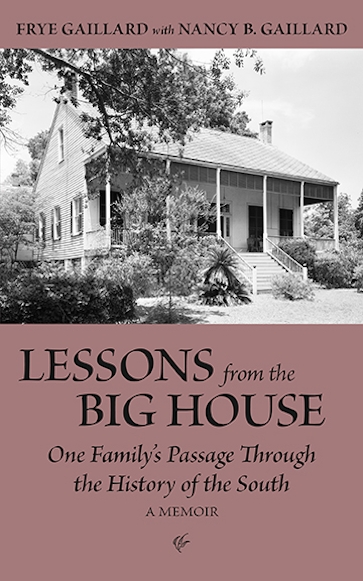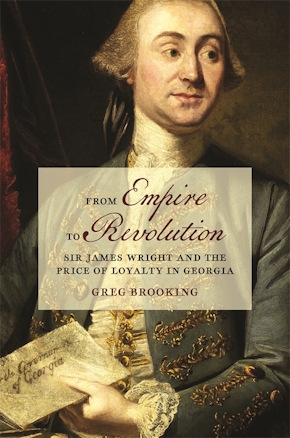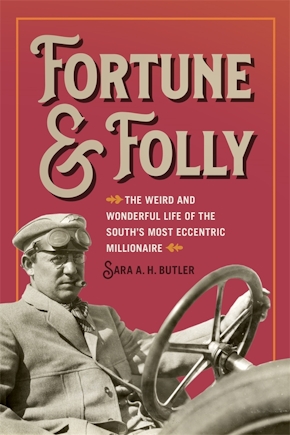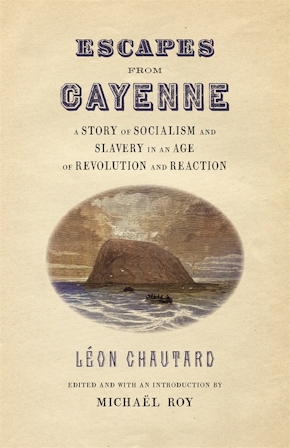Lessons from the Big House
One Family’s Passage Through the History of the South
Title Details
Pages: 160
Trim size: 5.000in x 8.000in
Formats
Paperback
Pub Date: 12/07/2021
ISBN: 9-781-5883-8455-3
List Price: $17.95
Imprint
NewSouth BooksRelated Subjects
BIOGRAPHY & AUTOBIOGRAPHY / Historical
BIOGRAPHY & AUTOBIOGRAPHY / Cultural Heritage
HISTORY / United States / State & Local / South (AL, AR, FL, GA, KY, LA, MS, NC, SC, TN, VA, WV)
Lessons from the Big House
One Family’s Passage Through the History of the South
Skip to
- Description
- Reviews
Beginning in the South Carolina Low Country with his Huguenot ancestors who fled religious persecution in Europe, journalist-historian Frye Gaillard traces his family through the troubled, oppressive history of the South. Gaillard, who came of age during the civil rights years, shares the painful legacy of a family sometimes on the wrong side of that history. He writes of Capt. Peter Gaillard, who fought in the Revolutionary War (on both sides), and became a prosperous planter and slave-owner. The author follows the family story through the major events of Southern history—the Civil War, Reconstruction, and the civil rights revolution—to show how a family’s identity was forged by privilege, hardship, and loss, and also by a moral reckoning that emerged slowly, inevitably over time. A powerful memoir that is sure to speak to the heart of every Southerner. Researched with Dr. Nancy Gaillard, educator and wife of the author.
However private its intent, this all too brief footnote to Southern history is for all of us, for to read it is to fare the challenge of a personal retrospective through the forgotten thickets and byways of our history. The cobwebs brushed away in the process may leave us with clearer vision of who we are and why...
—C. Eric Lincoln,, author of The Avenue, Clayton City
Lessons from the Big House is an affectionate yet thoroughly honest account of a family whose history is woven into the fabric of the South. Frye Gaillard is a superb storyteller. No other writer I know understands better the special joy and burden of being Southern, nor tells of it with such grace and eloquence.
—Robert Inman, author of Home Fires Burning
A story everyone who whines about family values should be compelled to write—and one that those who truly cherish those values should exult in reading.
—Will Campbell, author of Brother to a Dragonfly
Just as his 100-year-old grandfather gave it to him long ago, Frye Gaillard now passes on to us a priceless gift: the universal story of an American family's odyssey through time and place. It is truly our story, for we have all been on this journey—but seldom have we been fortunate enough to have a scribe like Gaillard to tell us how and why it happened and what it all meant.
—John Egerton, author of Generations



